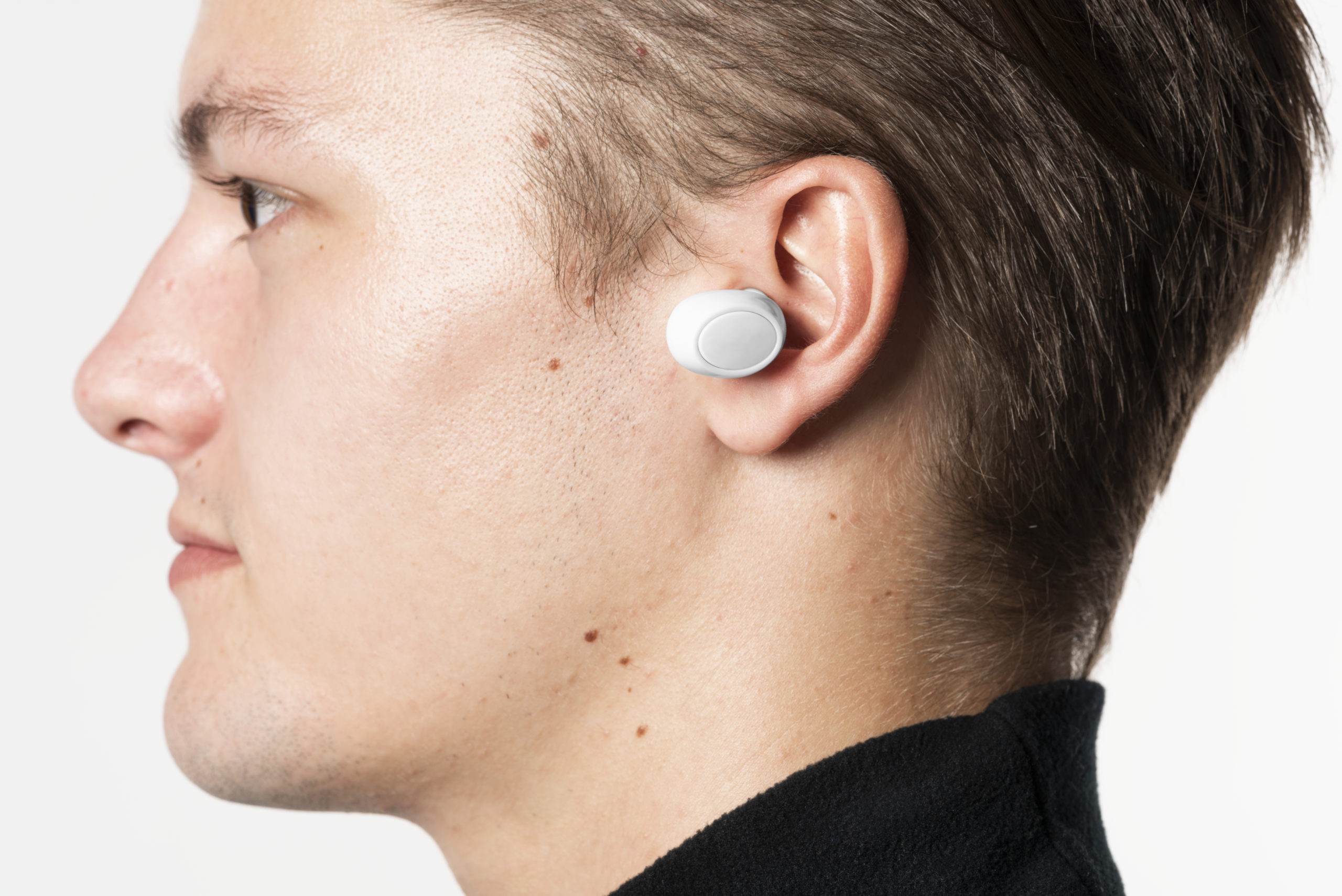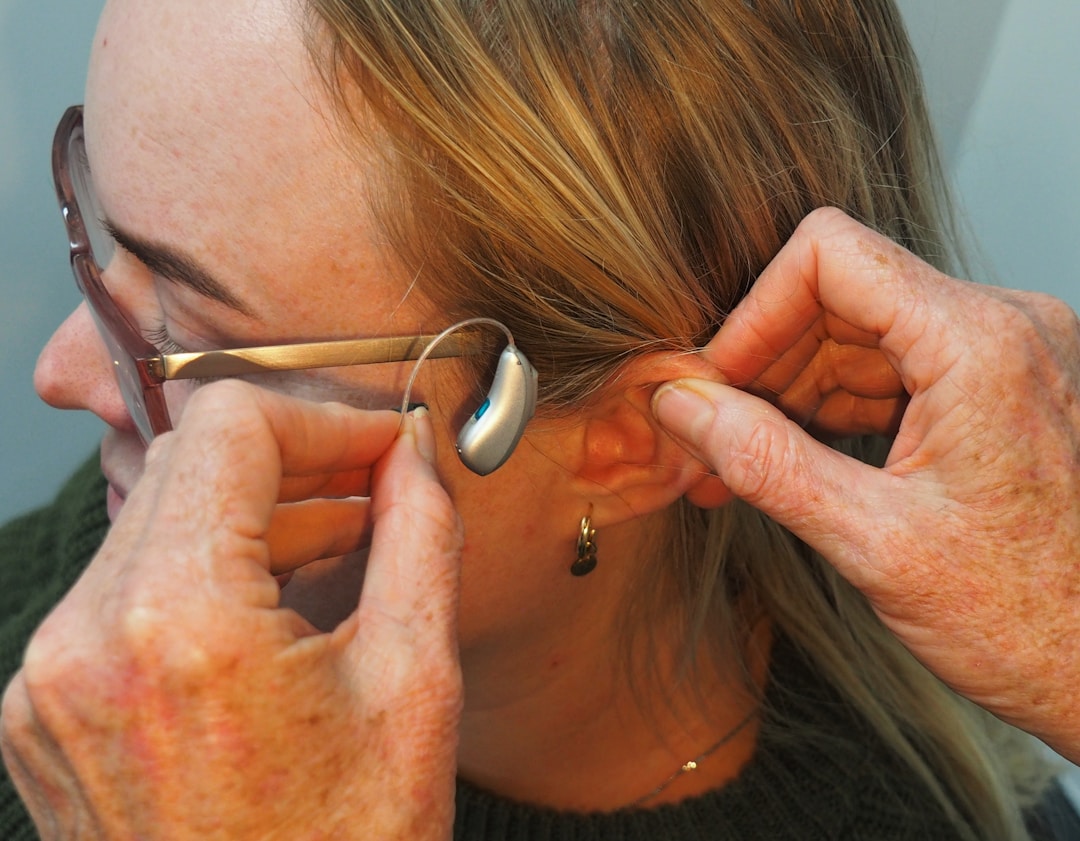
After a night out at a rock concert, you might experience a slight ringing in your ears for a brief period of time. This is usually due to the effects of exposure to loud volumes. Typically this ringing will go away, and your normal hearing will be restored after a short while. For many people, however, the ringing or buzzing isn’t temporary and is a chronic condition. As a result of nervous system disorders, hearing loss, ear injury, or the natural effects of the aging process, many people develop a constant ringing in their ears due to a condition called tinnitus.
Various causes can trigger tinnitus, and the impacts can vary greatly from person to person. In many cases, the condition can impact an individual’s quality of life so severely that they require a few treatment options. In other cases, however, tinnitus can have minimal effects or even be temporary and resolve independently. No matter the cause or severity level, tinnitus involves the brain’s auditory cortex in all cases. The effects of tinnitus interrupt the transmission of sound from the ear to the brain.
Around 20 million people in the United States experience varying degrees of tinnitus-related symptoms. While most people report a constant ringing, various other sounds such as whooshing, humming, buzzing, or whistling are also common. Tinnitus is can be associated with some level of hearing loss and can affect one or both ears. While there is no cure for tinnitus, doctors have successfully masked or decreased the noises with treatments such as hearing aids, medications, acoustic therapy, and behavior therapy.
Hearing Aids

In many cases, sound deprivation or hearing deficiency is associated with tinnitus. Hearing aids are one of the most common treatments for patients with hearing problems due to tinnitus. Hearing aid help with hearing difficulties, but they can also be beneficial for easing the effects of tinnitus. Hearing health professionals report that around 60 percent of tinnitus patients experience some relief when wearing hearing aids. This is because hearing aids can augment the volume of external sounds and allow them to mask the tinnitus ringing or buzzing. Hearing aids can also provide increased auditory stimulation received by the brain to help reduce the tinnitus sounds.
Many patients who are suffering from loss of hearing and tinnitus symptoms will benefit from quality hearing aids that can improve communication and reduce internal noises. Alleviating the clicking sounds or other noises and finding the right setting for hearing loss might take some time. Many hearing specialists know how to identify an incorrect hearing aid setup and can help make adjustments as needed.
Other Treatments

Aside from hearing aids, many doctors try to help tinnitus patients live with their conditions. Some doctors will recommend antidepressants and anxiety medications, and others will offer behavioral therapy to help individuals accept and deal with tinnitus symptoms. Acoustic therapy is also thought to provide relief from tinnitus and reduce some of the emotional consequences of the condition.
Many individuals also seek relief through the use of a natural dietary supplement. Many believe that natural ingredients such as vitamins and minerals can help to ease the symptoms and side effects of tinnitus. Tinnitus911, for example, combines hibiscus, olive extract, niacin, and hawthorn berry that is thought to target parts of the brain that cause tinnitus. Additionally, an herbal supplement can ease the headaches, migraines, dizziness, and nausea associated with tinnitus.
Tinnitus is a permanent ringing or buzzing in the ears that can be a debilitating condition. Hearing aids are the most common form of treatment as they can improve hearing and help reduce internal sounds. For many people, tinnitus improves or becomes more bearable with treatments and supplements.



